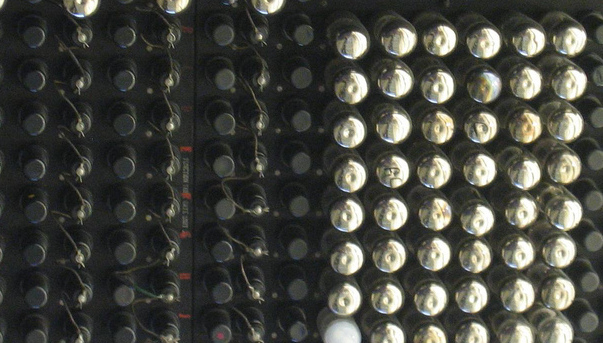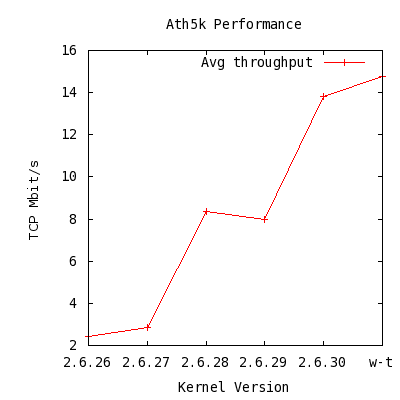During baby naps I actually did some Rio Karma work this week. First, I found and fixed a recent bug in usb storage that makes the Karma not work at all in 2.6.35. Then I finally set up my omfs git tree on kernel.org, with a few patches I wrote almost two years ago, plus a recently found memory leak. I’ll try to get Linus to pull it in 2.6.36. Then, I made a new release of omfsprogs rewritten to use libomfs from the FUSE version of omfs (I also did this work two years ago). Now all is right in the Karma world again; time to ignore it for another 6 months.
Then, on to ath5k. One nagging issue that the driver has always had is that there’s pretty much a total lack of synchronization among the myriad threads. There’s an ad-hoc spin lock here and there, but for example the reset procedure, which reloads hundreds of registers, can be called concurrently with itself and other driver ops, and can be invoked while trying to transmit and receive packets. So one idea we’ve been hashing out on the ML is to serialize reset with a mutex by putting it into process context via a workqueue, and disabling tasklets while it runs. I hacked that together and it’s now available in wireless-testing. Hopefully this will fix some of those weird DMA-into-freed-skb errors that can potentially be caused by untimely modification of descriptor pointers.
Finally: tracing. For the last year or so, Linux has grown its own NIH answer to DTrace in the form of ftrace and tracepoints. The wireless subsystem already has a few tracepoints here and there, and I really like it better than debug printks because they have smaller overhead in the compiled-but-not-enabled case (a branch compared to an out-of-line function call). You can pick and choose individual tracepoints to sample, or combine them with a general tracing facility such as ftrace. I have some patches baking to add various tracepoints to ath5k [1, 2, 3].
One really neat idea that I appropriated from Johannes Berg’s work on iwlwifi is to store entire packets in the tracing ring buffer. Then you can have a trace-cmd plugin to write these out as tcpdump pcap files. This is really nice: you get a packet dump that works with your existing debug infrastructure, plus you have the tracing information so you know what the code is trying to do, at whatever granularity you chose when setting up the trace. Hopefully, this will be a good one-stop debug gathering tool, not just for developers, but for users, as well.

